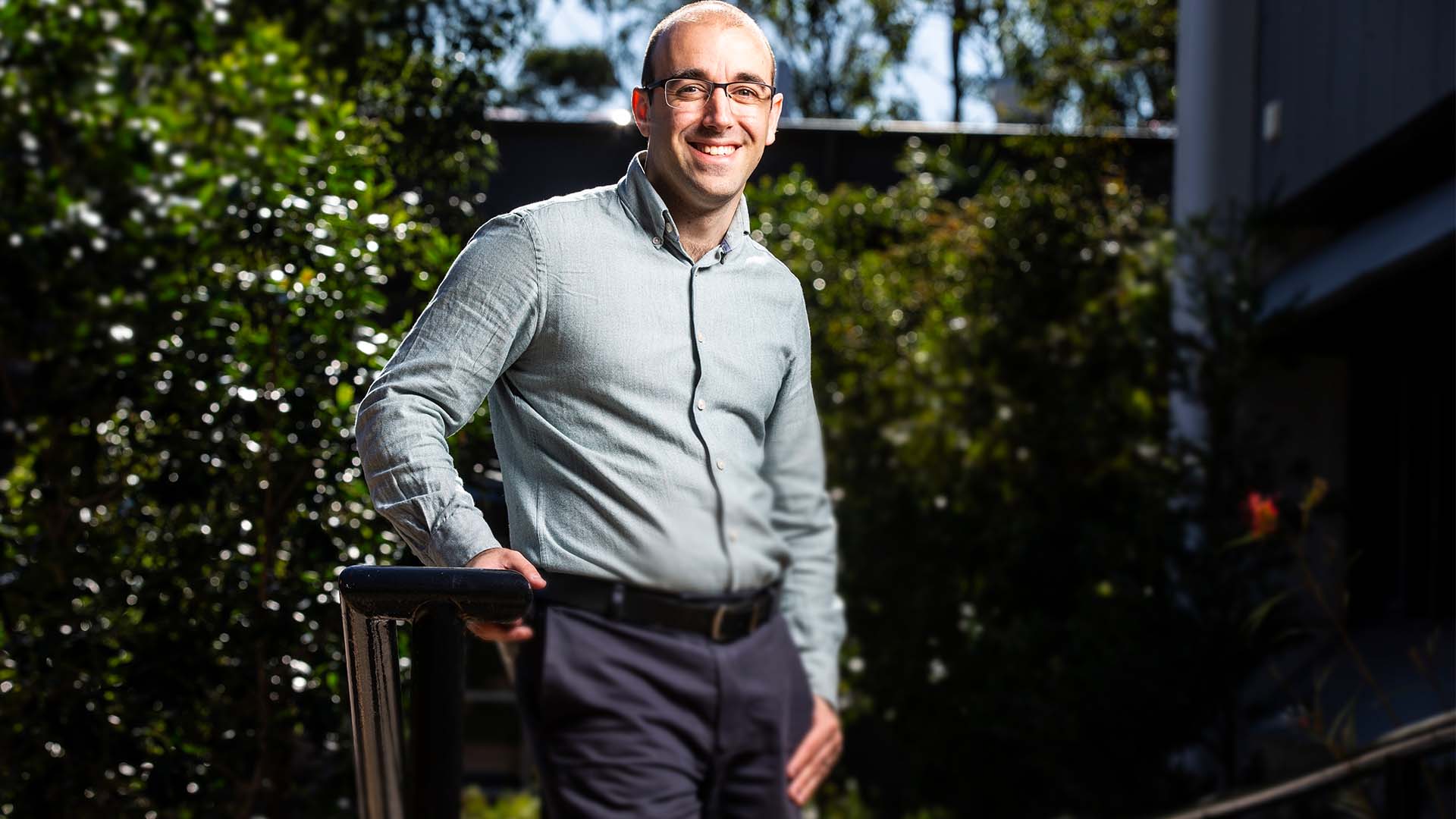The prestigious award recognises the researcher’s outstanding work investigating the causes and effects of a changing climate

from the and the (NIASRA) at the University of Wollongong (UOW) has been awarded the 2022 ENVR Early Investigator Award by the Section on Statistics and the Environment of the American Statistical Association (ASA).
This prestigious early-career award recognises outstanding work in environmental statistics, including the development of statistical methods for modelling and analysing environmental data. Associate Professor Zammit-Mangion will receive the award from the ASA on 8 August 2022 at the 2022 Joint Statistical Meetings in Washington, D.C.
The award committee said they were particularly impressed by the academic’s highly impactful methodological and interdisciplinary research in spatio-temporal statistics, applied to investigating the causes and effects of a changing climate.
“Most environmental phenomena, from floods to global warming and sea-level rise, involve a large degree of uncertainty. Understanding and accurately quantifying this uncertainty is vital for making smart decisions and policies,” said Associate Professor Zammit-Mangion.
“My research centres around assessing today’s environment and trying to predict its future state. I am honoured to have been recognised by the ASA for my work in this area.”
Associate Professor Zammit-Mangion is a member of the within NIASRA, where he fuses mathematics, computer science and statistics to model complex phenomena. The models he creates are then used with state-of-the-art computer algorithms to analyse big data and improve our understanding of the environment.
In one of his recent projects at UOW, Associate Professor Zammit-Mangion helped develop a statistical method to analyse the sources and sinks of carbon dioxide globally. His method will contribute to a report submitted to the 2023 Global Stocktake, a United Nations initiative stemming from the 2015 Paris Agreement on Climate Change, which strives to assess the global state of carbon-dioxide emissions.
Associate Professor Zammit-Mangion is a member of NASA’s Orbiting Carbon Observatory Science team and a Chief Investigator (CI) on the Australian Research Council (ARC) Discovery Project ‘Bayesian Inversion and Computation Applied to Atmospheric Flux Fields’ led by UOW . He is also a CI on the ARC Special Research Initiative ‘Securing Antarctica’s Environmental Future’ from Monash University and the ARC Industrial Transformational Research Hub ‘Transforming Energy Infrastructure through Digital Engineering’ led by the University of Western Australia. He has also begun the final stages of his ARC Discovery Early Career Research Award project ‘Deep Space-time Models for Modelling Complex Environmental Phenomena’.
Associate Professor Zammit-Mangion has been the recipient of other awards in the field, having been previously recognised by the Institute of Engineering and Technology, The International Environmetrics Society and the US ³Ô¹ÏÍøÕ¾ Academy of Sciences.







